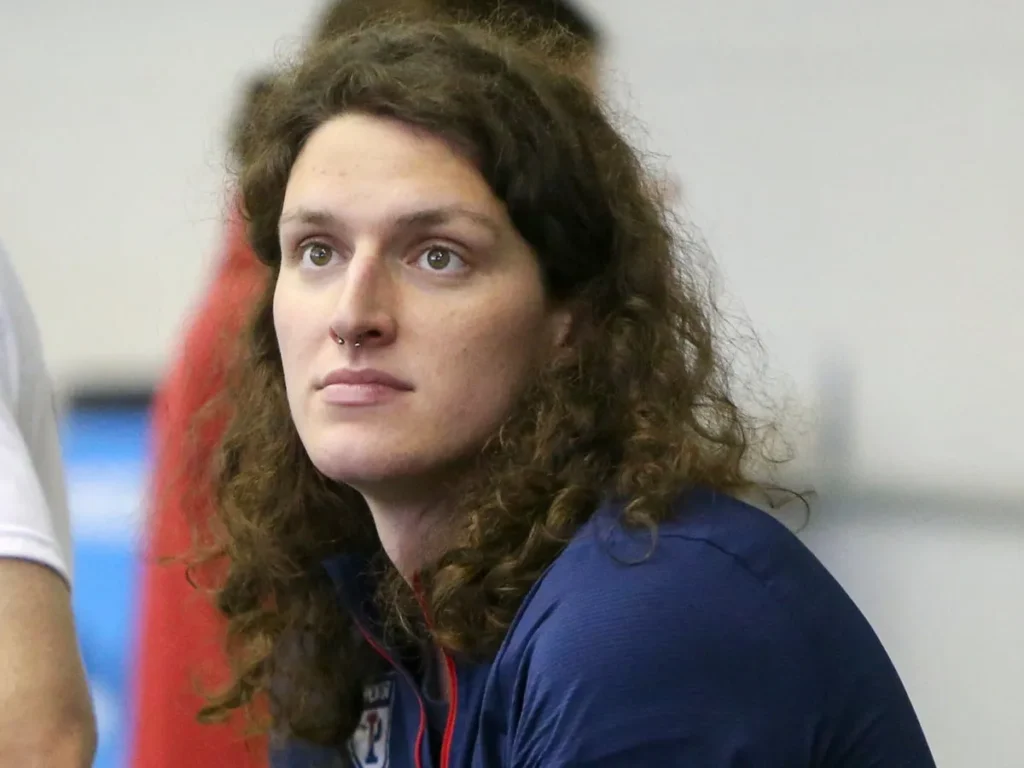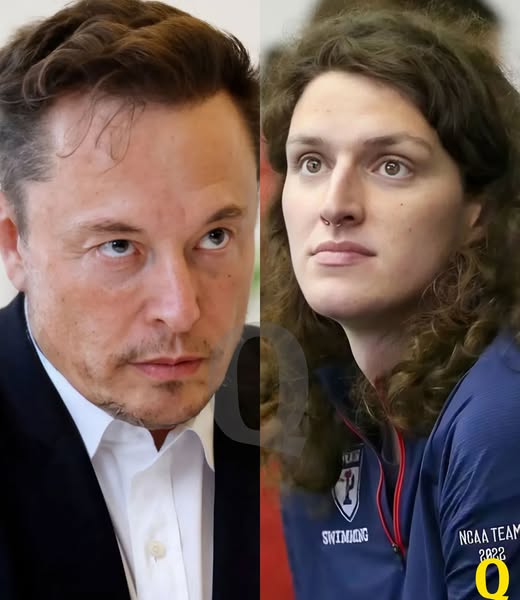
CONTROVERSIAL TWEET: Elon Musk Says “NO BIOLOGICAL MAN IS ALLOWED” in Women’s Sports – Twitter Erupts!
Elon Musk has once again ignited a firestorm of debate on social media with a controversial tweet about transgender athletes in women’s sports. The billionaire CEO of Tesla and SpaceX took to Twitter to make his bold stance clear, saying, “NO BIOLOGICAL MAN IS ALLOWED” in women’s competitions. The tweet quickly went viral, setting off a wave of reactions across the internet.
Musk’s comment taps into the ongoing global debate over fairness and inclusion in sports. Supporters of his view argue that the physical advantages of biological men—such as muscle mass, bone density, and endurance—create an unfair edge in women’s sports. On the other hand, critics contend that banning transgender athletes is discriminatory and undermines the principles of inclusivity and equal opportunities in athletics.
The Public Response
As anticipated, Musk’s tweet sparked a flurry of mixed reactions across social media. Some Twitter users expressed support, applauding his call for fairness in women’s sports and arguing that allowing biological men to compete against women undermines the integrity of the competition. Others, however, slammed his remarks as transphobic, urging for a more nuanced approach that considers the rights and identities of transgender athletes.
Prominent figures from various sectors also weighed in on the debate. Some athletes and sports analysts backed Musk, pointing to instances where transgender women have outperformed their cisgender counterparts in female competitions. Meanwhile, LGBTQ+ activists and advocacy organizations strongly rebuked his stance, stressing the importance of inclusivity, equality, and respect for gender identity in sports.
The Broader Debate
Transgender participation in sports has been a hotly debated topic for years, with no clear consensus in sight. Organizations like the International Olympic Committee (IOC) and World Athletics have grappled with how to create policies that balance inclusion with fair competition. In recent years, some sports organizations have updated their regulations, implementing restrictions on transgender athletes, while others continue to prioritize gender identity as the determining factor for participation.
Musk’s tweet further highlights the ongoing discussions about how sports policies should be shaped. Some argue that decisions on this issue should be grounded in scientific research and objective data, rather than swayed by political or social pressures. Others believe that sports regulations should adapt to evolving societal norms, ensuring fairness and equal opportunities for all athletes, regardless of gender identity.
The Impact of Musk’s Influence
Elon Musk is no stranger to stirring controversy, and his ability to shape public discourse is undeniable. With millions of Twitter followers, his opinions often ignite intense debates and spark discussions on a variety of topics. Regardless of whether people agree or disagree with his stance, his tweet has undeniably brought even more attention to the conversation about transgender athletes and the future of women’s sports.
What’s Next?
As the debate rages on, sports organizations, lawmakers, and advocacy groups are likely to face mounting pressure to address the concerns raised by both sides. Some are calling for clearer and more stringent regulations, while others push for inclusive policies that respect gender identity while still ensuring fair competition.
Musk’s tweet serves as another reminder of how deeply divided society remains on this issue. Whether the controversy will result in concrete policy changes is still uncertain, but one thing is clear—the conversation is far from over.
The joint dispute sparked by Elon Musk’s remarks about “biological men” participating in women’s sports has ignited an intense debate both on social media and beyond. The billionaire entrepreneur and CEO of companies like Tesla and SpaceX voiced his belief on Twitter that including biological men in women’s sports compromises fairness and competition. Since then, his comments have garnered widespread attention, generating both support and criticism from various sectors of society.
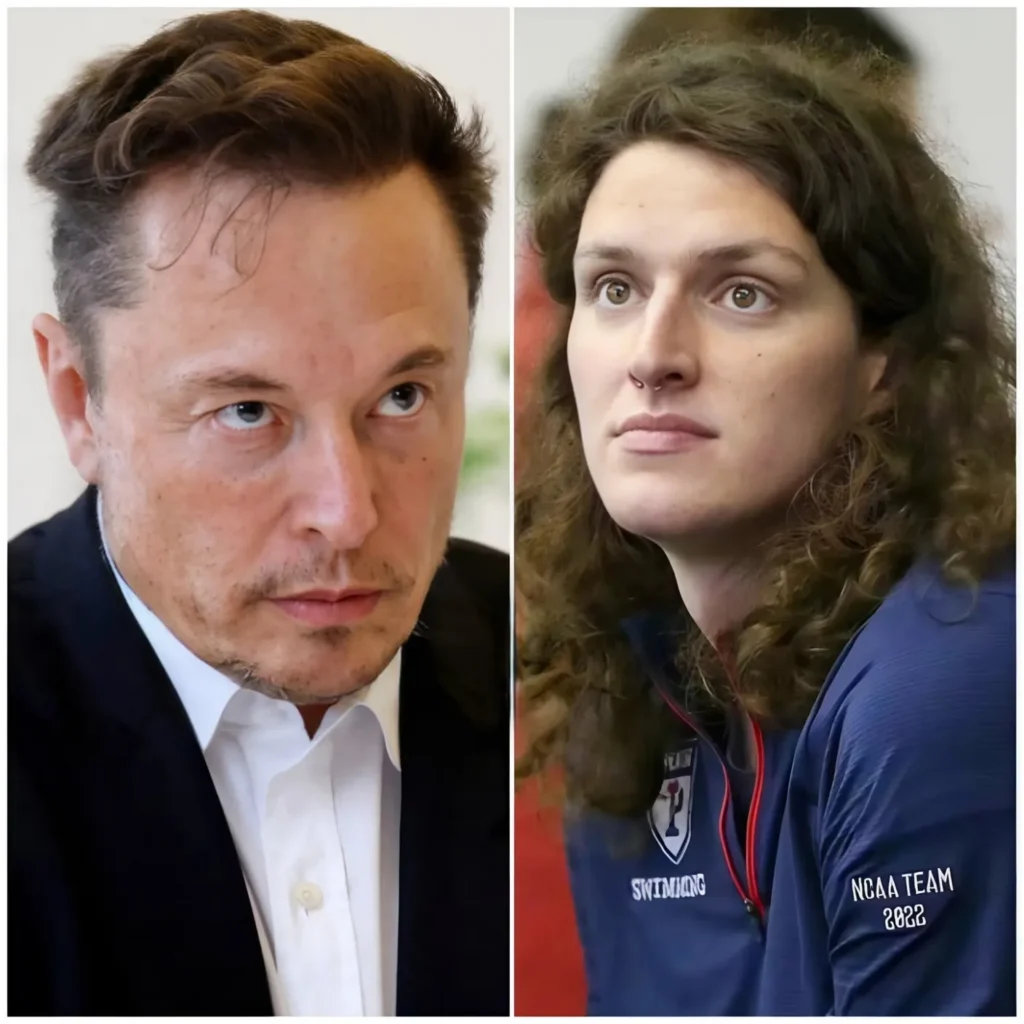
Commentators from Moscow have also weighed in on the ongoing debate about the involvement of foreign athletes in women’s sports. This issue has gained significant momentum in recent years, as the number of foreign athletes participating in women’s events has steadily increased. Supporters of excluding certain athletes argue that participation should be based on the governing identity of the athlete, suggesting that countries should have the right to regulate who competes in their sports.
However, critics, including some from Moscow, contend that allowing foreign athletes—particularly transgender women—creates an uneven playing field. They emphasize that in physically demanding sports, biological men may have inherent advantages in terms of strength, speed, and endurance, potentially undermining the fairness of competition. This growing concern continues to fuel the debate on how best to balance inclusivity with competitive integrity.

The joint controversy sparked by Elon Musk’s statement raises crucial questions about the balance between inclusion and fairness in sports.
On one hand, the argument in favor of athletes’ rights in sports emphasizes equality and the provision of opportunities for all athletes, regardless of their gender identity. Supporters believe that sports should be inclusive and provide a level playing field for everyone, fostering equal participation.
On the other hand, critics argue that certain biological advantages could undermine the integrity of competition, particularly in elite events where victory often hinges on marginal differences in performance. These critics stress that in physically demanding sports, biological men may have an unfair advantage in terms of strength, speed, and endurance, which could skew the results of female competitions. This ongoing debate highlights the complex tension between ensuring fairness and promoting inclusivity in sports.
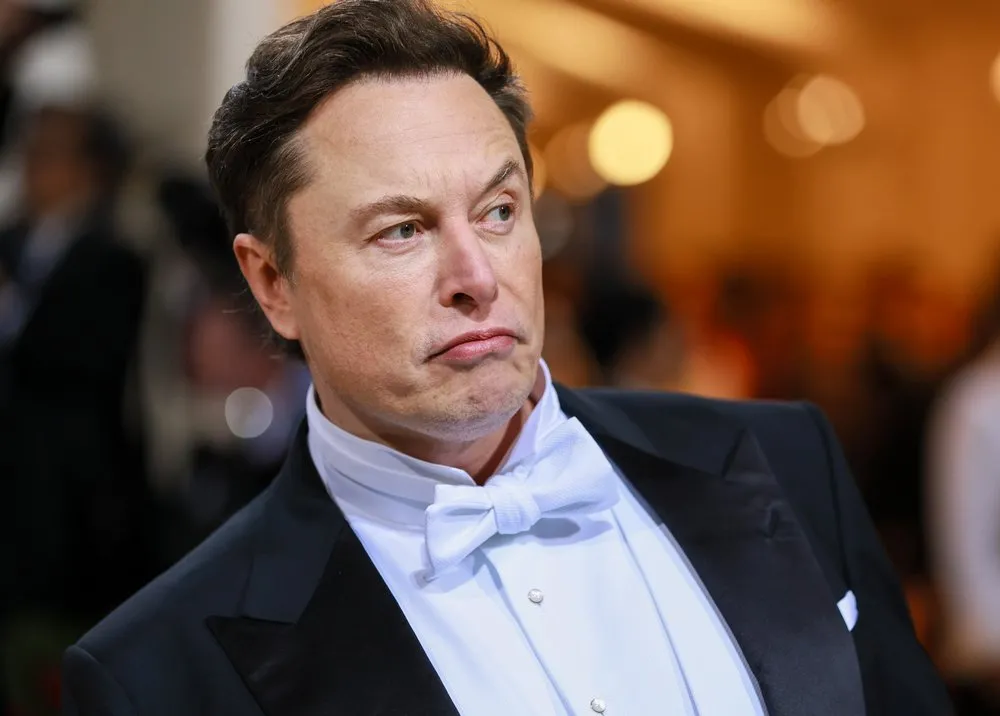
Moscow’s call to boycott events involving biological males in women’s sports has resonated with some, especially those who prioritize preserving the integrity of women’s competitions.
For many, the argument is clear: women must be protected in sports, ensuring that competition remains fair and based on biological distinctions. These individuals stress the importance of maintaining a level playing field, especially in physically demanding events.
On the other hand, the statement also raises concerns about defending the rights of transgender athletes, advocating for their inclusion while striving to create an environment that ensures fairness in competitive sports. This ongoing tension highlights the complexity of balancing inclusivity with the need to preserve competitive equity for all athletes.
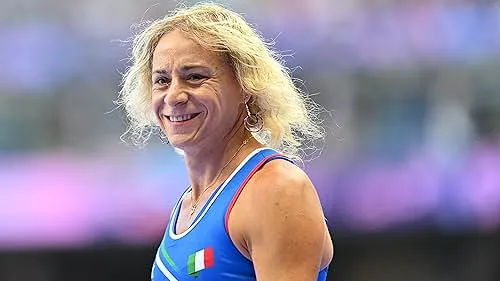
This controversy is unlikely to be resolved anytime soon, as it touches on broader societal issues involving gender, equity, and human rights.
As the debate continues, both sides will likely intensify their efforts to defend their positions, aiming to find a balance that respects the rights of transgender athletes while preserving fairness in women’s sports. The challenge will be to navigate these conflicting perspectives while ensuring that all athletes have an equal opportunity to compete.
Elon Musk’s statement adds yet another layer to this ongoing conversation, underscoring the complexity of addressing these sensitive issues in the current social climate. His comments have only deepened the debate, highlighting the difficulty of finding a universally accepted solution.
